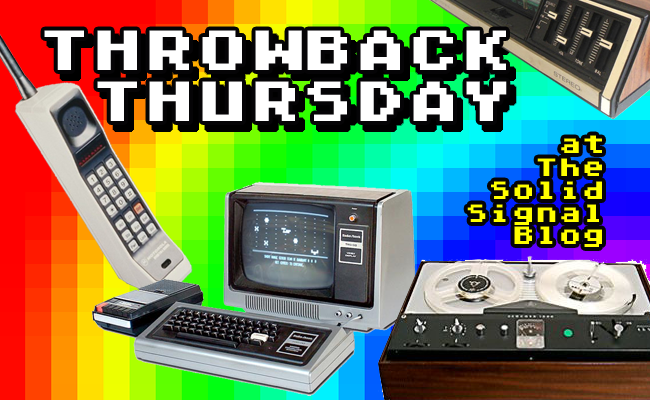Back in August, 2015, I published an article called, “Sometimes it’s just time to say goodbye to an old PC.” In it, I laid out the reasons that older computers just weren’t worth repairing after a certain point. It’s a pretty good read, give it a try. I’ll wait.
A little bit of background
I wrote that article after replacing the second power supply in a row in a computer from the mid-’00s. The computer belonged to a friend and they were just trying to keep it going. I understand what they were trying to do. Honestly, it’s good for the environment and it’s sound financially. But, in that article I hopefully made the case that there’s a time when it’s ok to let go.
Have my feelings changed?
I wrote that article a few weeks after Windows 10 was released. Windows 10 has had some upgrades in the last few years but the current version still runs great on a computer purchased in 2015. Microsoft Office, the program most people actually run on their PCs, hasn’t changed a lot since those days either.
And, I’ll admit two things. First is that I use my PC for less home stuff than I used to. I use my phone or tablet instead. Second, I actually have a PC from 2012 that I do use for home stuff. It’s not the speediest in the world but with a solid state drive it more than does the job for plain old word-processing and spreadsheets. It even does pretty admirably for Zoom, a critical measure of a computer these days.
How long should you keep a computer?
Well, here in 2020 I do think the rules have changed. First of all, almost everyone who has a computer now has a laptop. Laptops have changed a lot over the years, too. Now, they’re almost impossible to upgrade. Even changing out a hard drive may be totally impossible. In modern laptops, the “hard drive” is usually nothing more than computer chips on the mainboard. The battery is usually nothing more than a bag of goo. If you open up most laptops — a daunting task since they’re usually glued closed — you’ll see almost nothing you can change.
That’s the bad news. The good news is that computers today are really very capable. They ship with enough memory and enough drive space that you really shouldn’t worry about them. The processors are fast enough for streaming, too. Now, I’m not talking about gamers or creative professionals. Those folks are going to change out computers every two years or so. But for the average person, there is really very little reason to change out computers more than every 5-7 years. That’s about how long the batteries last and since they’re non-replaceable, when the battery goes the computer does too.
Unless it doesn’t have what you need
Some older computers don’t have front-facing cameras, for example. That’s a must-have today, and while you can get external webcams, that’s really not going to be a good long-term strategy if you move the computer around a lot.
If you bought a computer 5 years ago and it was the cheapest one you could find, it probably didn’t work really well even back then. It probably didn’t have enough memory and didn’t use a solid state drive. And, if it’s not upgradeable, and most laptops aren’t, you’re going to outgrow it.
Dollars per month
For decades I’ve believed the best way to understand how much you should spend on a computer relates to dollars per month. In the 1990s I told people look, you’re going to pay $50 a month for a computer. Get one that costs $2,000 and you’ll expect to have it 3.5 years. Or, get one that costs $750 and you’ll be looking for another one in a year.
The math has changed as devices have gotten less expensive and software has gotten more stable. Today I tell people to spend about $20 a month on a computer. If you want to be shopping again in a year, buy one for $250. If you want to make it five years or more, spend at least $1,000. Either way you’re spending the same amount per month.
This guidance has been helping friends choose computers for years and I hope it helps you as well.



